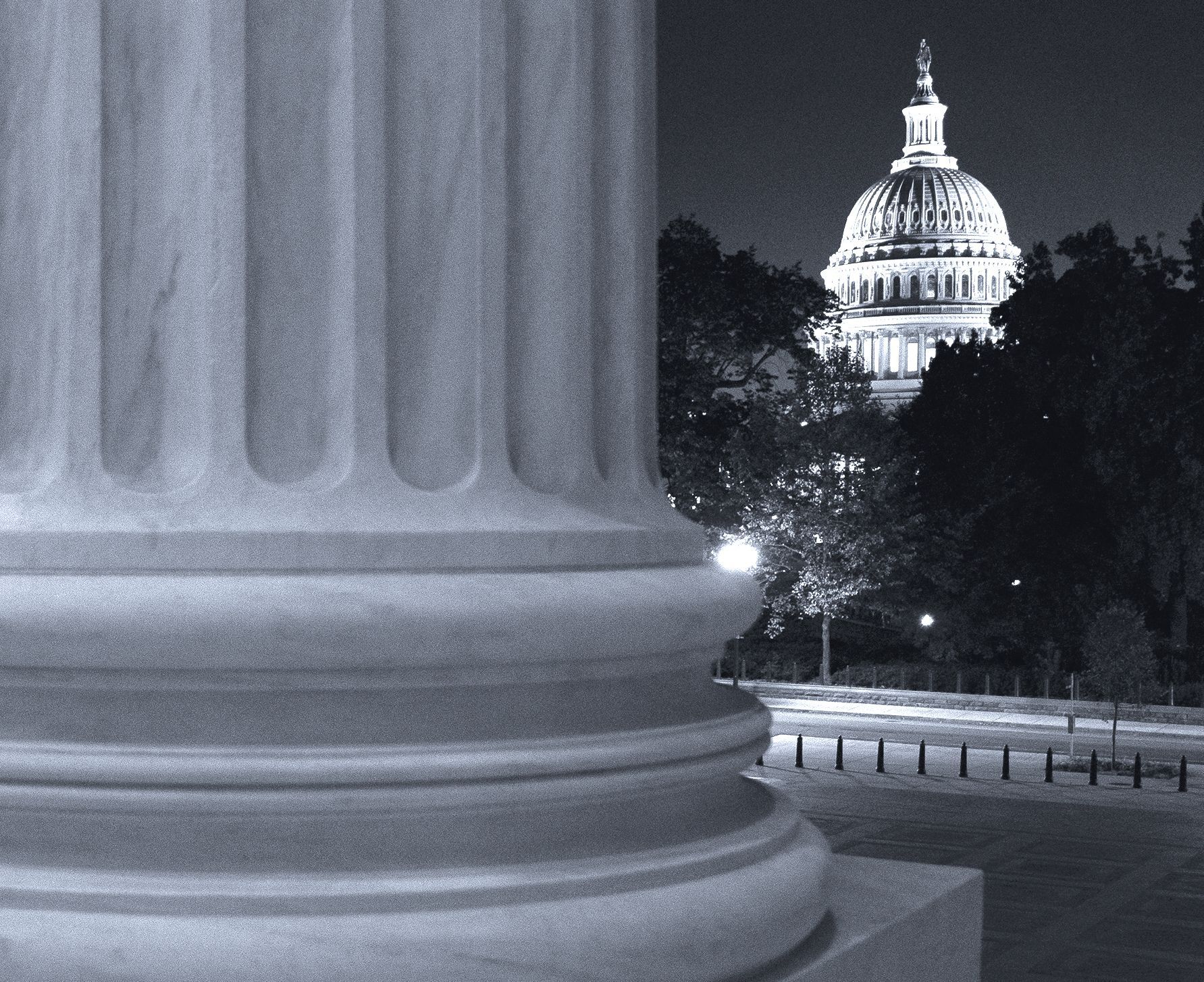
While companies wait for the new Hart-Scott-Rodino (HSR) Act filing requirements to be finalized, the Federal Trade Commission (FTC) made headlines by filing an enforcement action against and obtaining nearly $1 million in civil penalties from a GameStop executive for failing to submit an HSR notification prior to acquiring voting securities on the open market.
Key Takeaways
- Apparent first-time violation: The complaint does not allege a prior HSR Act violation and corresponding corrective filing by the defendant, a departure from previous enforcement actions when the FTC pursued civil penalties only after a second violation.
- Continued scrutiny of passive investors: The enforcement action is the latest example1 of the antitrust agencies alleging that an acquiring person improperly relied on the HSR exemption available to passive investors who intend to hold voting securities “solely for the purpose of investment” to avoid submitting an HSR filing. Acquiring persons who intend to rely on the passive investor exemption should work with counsel to closely scrutinize their involvement in directing the business decisions of the company to ensure they do not run afoul of the agencies’ narrow interpretation of the exemption.
- Individuals must monitor HSR compliance: Persons acquiring voting securities in their individual capacity, including officers and directors, are subject to the requirements of the HSR Act and should consult counsel prior to completing an acquisition that may exceed the HSR Act thresholds.
The Enforcement Action
On September 18, 2024, the FTC announced that Ryan Cohen, chief executive officer and chairman of GameStop, has agreed to a pay civil penalty of nearly $1 million to settle charges that his acquisition of Wells Fargo & Company (Wells Fargo) voting securities violated the HSR Act.
In March 2018, Cohen acquired more than 560,000 Wells Fargo voting securities through an open market purchase. According to the complaint, this acquisition exceeded HSR filing thresholds in effect at the time and therefore triggered Cohen’s obligation to submit an HSR notification to the FTC and the U.S. Department of Justice (DOJ) and observe a waiting period before consummating the acquisition. The complaint states that Cohen failed to do so and was in continuous violation of the HSR Act until he submitted a corrective filing almost three years later on January 14, 2021.
The enforcement action is notable in that the complaint does not allege that Cohen had previously reported past HSR Act violations to the FTC and the DOJ. This is unlike many previous FTC enforcement actions that were taken against defendants who had already failed to submit an HSR filing for a past acquisition.2
The enforcement action also demonstrates that acquiring persons must exercise caution when relying on the so-called “Investment-Only” exemption to avoid submitting an HSR filing. Under the HSR Act, acquisitions of voting securities exceeding certain minimum thresholds must be reported to the FTC and the DOJ and the acquiring party must observe the statutorily prescribed waiting period before closing the acquisition. However, the HSR Act provides a narrow exemption from these filing requirements for certain acquisitions of voting securities made exclusively for investment purposes if the acquiring person will hold 10 percent or less of the issuer’s outstanding voting securities after the acquisition. This exemption, commonly referred to as the investment-only or passive investor exemption, applies if the acquisition is “solely for the purpose of investment,” meaning the acquiring person has no intention of participating in the formulation, determination, or direction of the basic business decisions of the issuer.3
According to the complaint, Cohen’s acquisition of Wells Fargo voting securities was not exempt under the investment-only exemption because Cohen intended to participate in and influence Wells Fargo’s business decisions when acquiring the voting securities. As evidence of his intent, the complaint points to an email Cohen sent to Wells Fargo’s CEO in February 2018 to advocate for a seat on the Wells Fargo board and to make suggestions about how Wells Fargo could improve operations.4 According to the complaint, these conversations between Cohen and the Wells Fargo CEO continued through at least April 2020 while Cohen made additional open market purchases of Wells Fargo voting securities. The complaint notes that, because open market acquisitions require an affirmative decision by the acquiring person to make the purchase, Cohen’s failure to submit an HSR notification cannot be attributed to excusable negligence.
Cohen will pay a civil penalty of $985,320 to settle the charges. This amounts to a daily civil penalty of approximately $927 for the nearly three-year span between the date Cohen acquired Wells Fargo voting securities in excess of the HSR thresholds and the date the HSR waiting period expired for his corrective filing. The current maximum civil penalty for HSR Act violations is $51,744 per day.
If you have any questions about antitrust compliance, including with HSR Act filing obligations, please feel free to contact Jamillia Ferris, Kim Biagioli, Maureen Ohlhausen, Matthew McDonald, or another member of the antitrust and competition practice at Wilson Sonsini Goodrich & Rosati.
[1] See, e.g., “Investment-Only Means Just That,” FTC Blog Post (Aug. 24, 2015); United States v. Fayez Sarofim (Oct. 27, 2016); United States v. VA Partners I, LLC (Apr. 4, 2016).
[2] See, e.g., United States v. Biglari Holdings Inc. (Dec. 22, 2021); United States v. Richard Fairbank (September 2, 2021); United States v. Third Point Offshore Fund, Ltd. (Aug. 28, 2019).
- Privacy Policy
- Terms of Use
- Accessibility


